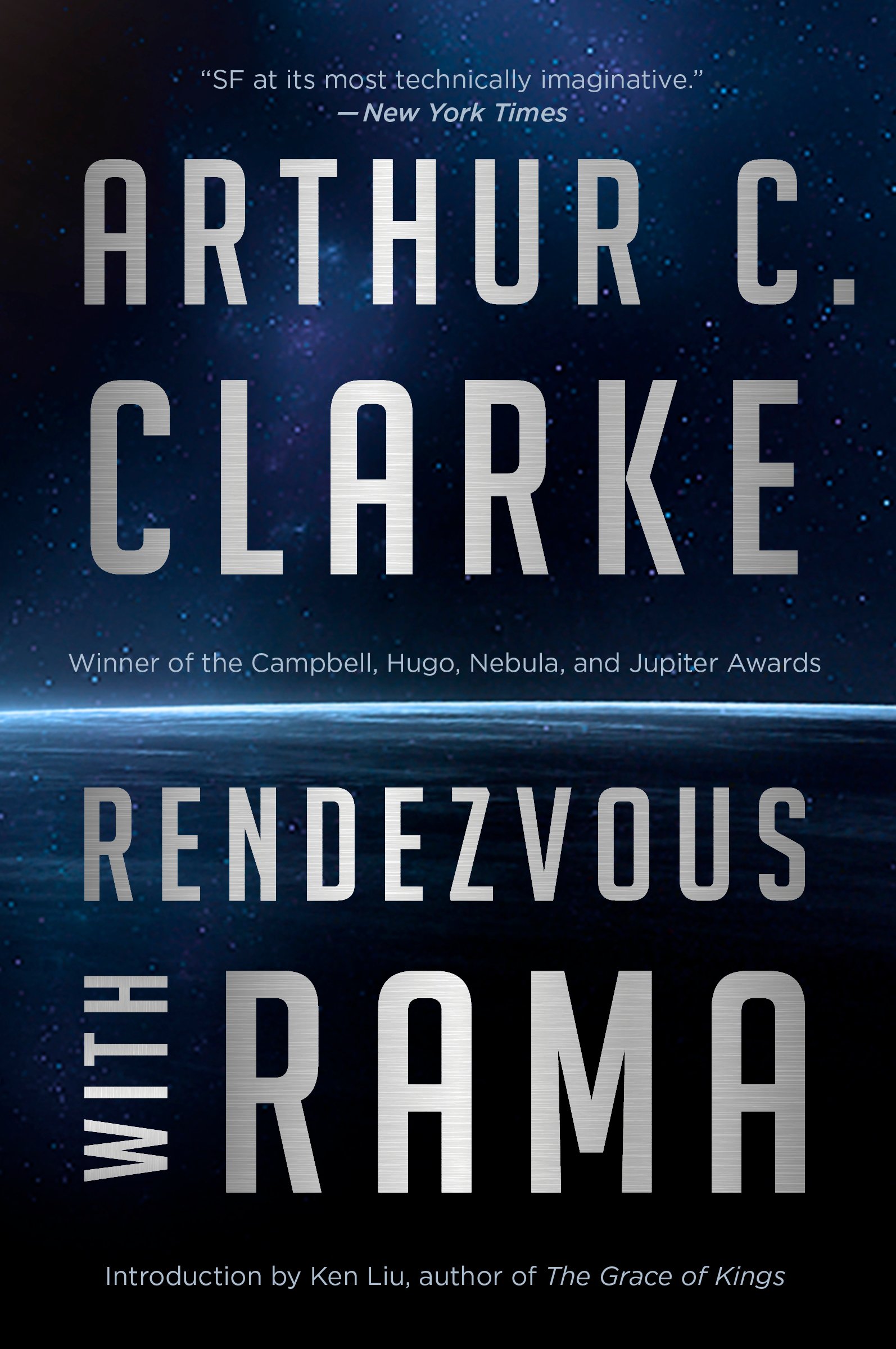I’ll be honest and say that I grabbed this book and read it due to Denis Villeneuve announcing that he is now attached to turn the work into a film and with his brilliant versions of Blade Runner 2049 , Arrival, and Dune as well the non Science Fiction but still brilliant Sicario and Prisoners among others, I knew I needed to read the source material. The fact that Rendezvous is written by one of the masters of SciFi that I really only knew from watching 2001 and 2010 only solidified my desire to read it.
I shouldn’t have waited so long.
Its a fantastic work of real (meaning “hard”) scifi. There is no attempt to shoehorn quasi-fantasy stuff in here or silly tangents that seem to scratch the itch of the author, publisher, editor, or audience’s bias or flavor of the day. Yes, that means that character exposition takes a REAL distant backseat as many critics point out. The astronauts that carry the action here are given only the thinnest of backgrounds and descriptions. One is essentially interchangeable with another and any one of them could be a “red shirt” at any time and the reader wouldn’t care.
That said, the lack of character development ends up being one of the strengths of the book. Because of this the reader can put themselves behind the eyeballs of any character and drop themselves right into the middle of any action. It is the READER who is gazing in awe and Rama…it is the READER who is discovering Rama’s secrets and viewing the biots and trying to figure out just what is going on.
This is so effective in part because Clarke is able to convey the truly “awesome” and unknowable craft that is Rama. I was reminded most often of works like Lovecraft’s At the Mountains of Madness as Clarke’s characters look out across the plains of Rama or the Circular Sea…It was the same sort of experience there as it was for Lovecraft’s…The human mind and experience is just not equipped to see and know these things as they are so far outside our limited comprehension. The old “technology sufficiently advanced from existing experience will seem undistinguishable from magic” saying comes to mind here and Clarke is a master of describing in concrete terms, the unknowable or incomprehensible.
The book on its own provides no answers, resolves few questions and leaves the reader just as dumbfounded as its characters. It creates a sense of wonder and questioning and impresses upon the reader just how small humanity is and how little we actually know. We are a small, inconsequential race on a small, inconsequential rock, floating in an unknown sea. Reading Rama is like staring up an endless night sky and feeling a sense of vulnerabilty we don’t commonly encounter…and any work able to generate such sefl reflection is worth my time.



